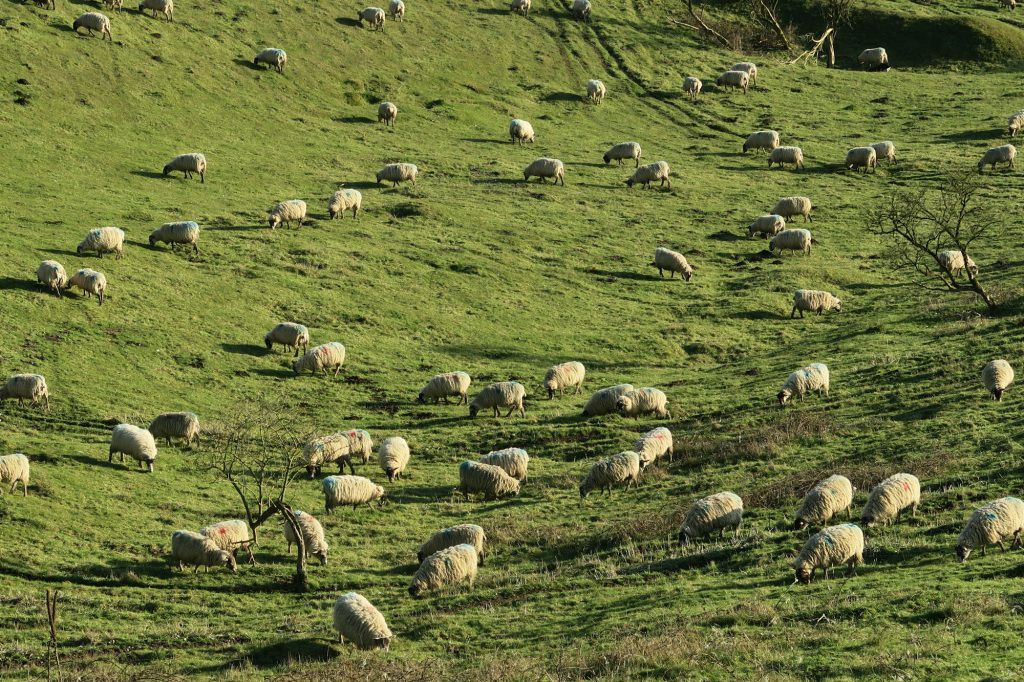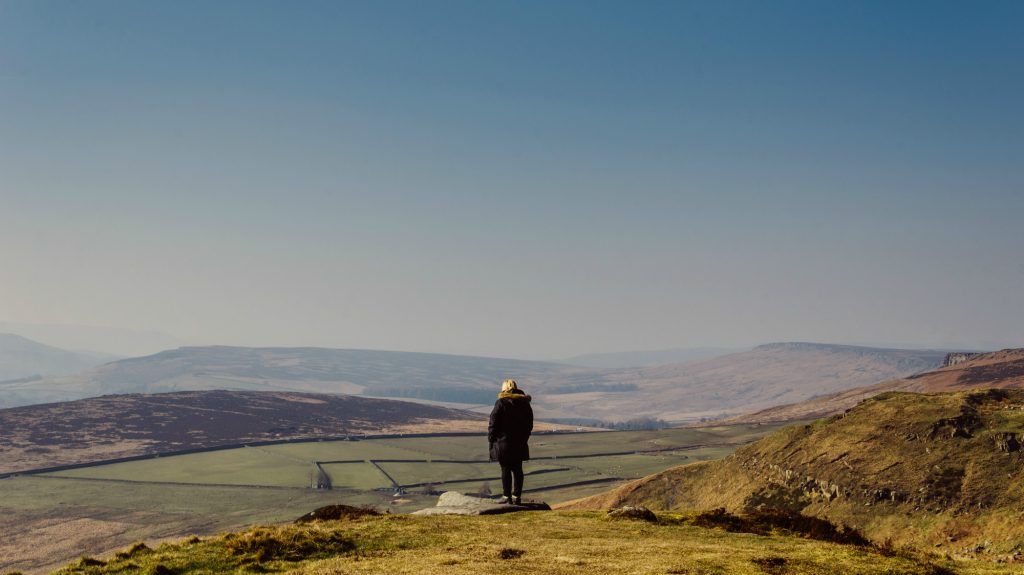Futures Forum: The general election in the West Country: the issues >>> immigration
... or farming:
Futures Forum: The general election in the West Country: the issues >>> farming
Here is a piece from last week's RuSource/Food & Farming pages - looking at the latest research on farming, the environment and living in the country - from Newcastle University:
Brexit Looms: what about rural policy?
Posted on
Sally Shortall and Mark Shucksmith
Brexit will have significant effects on rural areas of the UK – the loss of EU funds will not only require new thinking in relation to agricultural and environmental policy but also for broader rural businesses, communities and services. What national policies for each of the devolved territories should replace these after Brexit? Could this offer an opportunity to introduce better rural policies, suited to 21st Century rural potentials and challenges?
Newcastle University’s Centre for Rural Economy recently launched its report ‘After Brexit: 10 key questions for rural policy’ in Westminster on April 27th, 2017. CRE’s research addresses many aspects of rural economies and societies; food, farming, housing, poverty, gender, employment, the environment, rural community development, rural businesses and services. Our staff seek to inform policy and practice relating to all aspects of rural life. So far, public debate about Brexit has tended to focus primarily on issues relating to agriculture and the environment, however, neglecting these other elements of rural economies and societies.
 Rural policies in England have been ripe for reform for many years. Brexit could offer an unforeseen opportunity to rethink policy approaches. The Common Agricultural Policy will no longer apply, the Single Farm Payment and rural development funding such as LEADER will be swept away. Much is yet uncertain. Questions must be posed about what should replace the CAP. But these questions should extend beyond agriculture to consider how the needs of rural communities should be supported in order to give them the best chance of thriving and playing their full part in the future of the UK. Here are some examples of the key questions we raise in our paper:
Rural policies in England have been ripe for reform for many years. Brexit could offer an unforeseen opportunity to rethink policy approaches. The Common Agricultural Policy will no longer apply, the Single Farm Payment and rural development funding such as LEADER will be swept away. Much is yet uncertain. Questions must be posed about what should replace the CAP. But these questions should extend beyond agriculture to consider how the needs of rural communities should be supported in order to give them the best chance of thriving and playing their full part in the future of the UK. Here are some examples of the key questions we raise in our paper:- How can we draw on our experience of European programmes and the successes of the Local Enterprise Partnerships and Rural Growth Networks, and on the valuable evidence we already have (including evaluations of Defra’s Rural Development Programme for England) to inform immediate actions in the wake of Brexit?
- Is it more beneficial to embed rural policymaking across all government departments or are rural interests met more effectively when a single department is tasked with leading on this?
- Does Brexit offer an opportunity to be more experimental in supporting different, more wide-ranging partnerships that could drive rural development?
- What part could neighbourhood plans play in identifying potential sites for affordable housing and should landowners be incentivised to release land for this purpose?
At the event, an invited panel of people made short presentations, followed by a lively and informative debate with an extremely knowledgeable audience. The CRE’s Fran Rowe presented some aspects of our paper, emphasising the potential of the rural economy. Richard Quallington offered insights from ACRE’s perspective, focusing in particular on rural housing and the contribution of voluntary and community organisations. He proposed five priorities for post-Brexit rural policy: reinstatement of a rural housing target; recognition of a rural premium; investment in connectivity; support for rural businesses; and investment in VCSEs. Martin Worner spoke from his experience as a successful rural entrepreneur, highlighting issues of people, premises and training. John Varley also discussed business and give some examples from his work with Clinton Devon Estates of successful strategies for the rural economy to thrive. Tamara Hooper offered a RICS perspective on what should be priorities for negotiations around the UK’s withdrawal from the EU.
The ensuing discussion was lively, well-informed and good humoured. People wondered about the governance of rural policy going forward at both national and local levels, and how these might be integrated vertically and horizontally. Who should be in charge of rural policy? Questions were asked too about what would replace LEADER and what should it look like. The argument was cogently made that some of the earlier LEADER programmes that focused on capacity building were very creative and in many countries helped all rural communities to take advantage of economic and social opportunities. Without this focus on capacity building, we run the risk of increasing inequalities between and within rural communities. Questions were also asked about the trade aspects of Brexit and, in the event of ‘no deal’ with the EU what would be the effects of tariffs not only on farms but on rural businesses in general?
The future is uncertain. Newcastle University and the Centre for Rural Economy take seriously our responsibility to inform public debate. We work closely with stakeholder groups, policy makers, and business, to provide independent analysis and always try to ensure that our research is accessible to those who need it. In this era of fake news and post truths, it is particularly important to remember our public responsibility as academics. We hope that with our short report and this event in Westminster we have helped to start an informed public debate about post-Brexit rural policy which others will now continue. As John Varley said, Brexit could be a disaster or an opportunity for rural areas: we must do our best to ensure it is an opportunity for rural economies and societies to thrive in these turbulent times.
CRE’s report referred to above can be downloaded here: http://www.ncl.ac.uk/media/wwwnclacuk/centreforruraleconomy/files/CRE_10_Key_Questions_final.pdf
Sally Shortall is the Duke of Northumberland Chair of Rural Economy
Mark Shucksmith is the Director of the Newcastle University Institute for Social Renewal and a Centre for Rural Economy Associate
Brexit Looms: what about rural policy? | Newcastle University Institute for Social Renewal
F&FF - Technical and Business Information
See also:
Futures Forum: Brexit: and backing British farming
Futures Forum: Brexit: and entering into ‘environmental race to the bottom’
Futures Forum: Brexit: and 10 key questions for rural policy
.
.
.


No comments:
Post a Comment